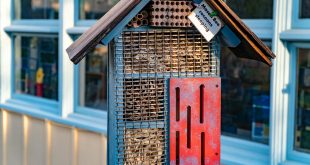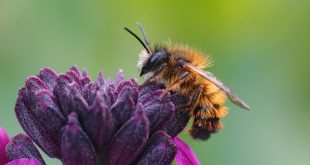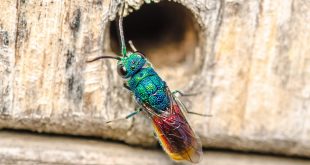Being the better pollinator in comparison to honeybees has made mason beekeeping useful and popular. For best results with your mason beekeeping, here is a guide on how to wash and store mason bee cocoons. The guide covers the process of harvesting cocoons, cleaning them up, and storing them in the best way to ensure you get healthy mason bees from the cocoons. Poor harvesting, cleaning and storage techniques kill mason bees in their cocoons. It is important to wash mason bee cocoons for various reasons including disease and pest control. Equally important in storage in the right conditions so that mason bee cocoons remain viable. Handle mason bee cocoons with care when harvesting, washing and storing them. They contain living organisms in them that you do not want to hurt.
Read More »Learning About the Mason Bee Life Cycle
Mason bees are natural pollinators in many ecosystems. Learning about the mason bee life cycle is important so that you know how to benefit as much as possible from these bees. They are the native bees of North America, including the USA. Various developments have led to an increasing interest in mason bees, particularly the decline in honeybee populations across the USA and the world.
Read More »How to Protect Mason Bees from Wasps
If you would love to keep mason bees, then you have two options with regard to housing: DIY or buy commercial made mason bee homes. Irrespective of what you choose however, you will have to protect your mason bees from their natural predators, which include wasps. In this article we'll discuss different measures you can take to protect mason bees from wasps.
Read More » BeeKeepClub Resources and Guides for Beekeepers
BeeKeepClub Resources and Guides for Beekeepers


